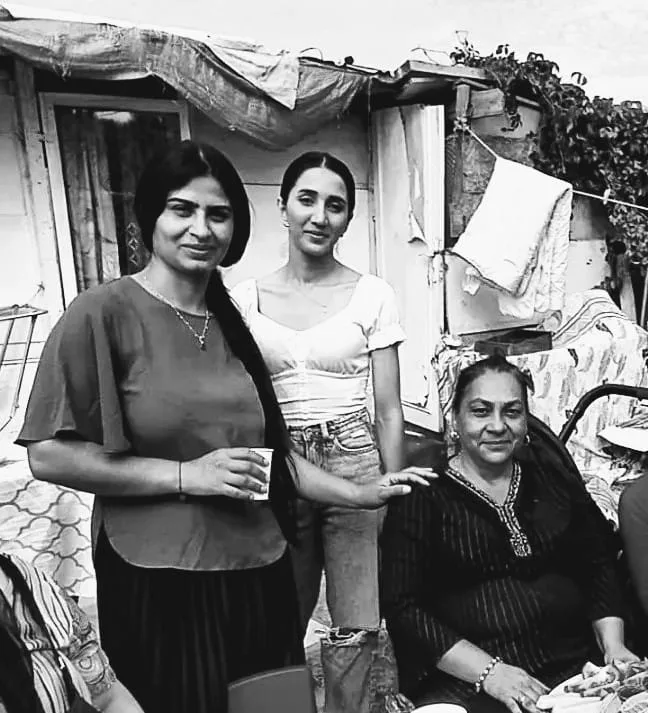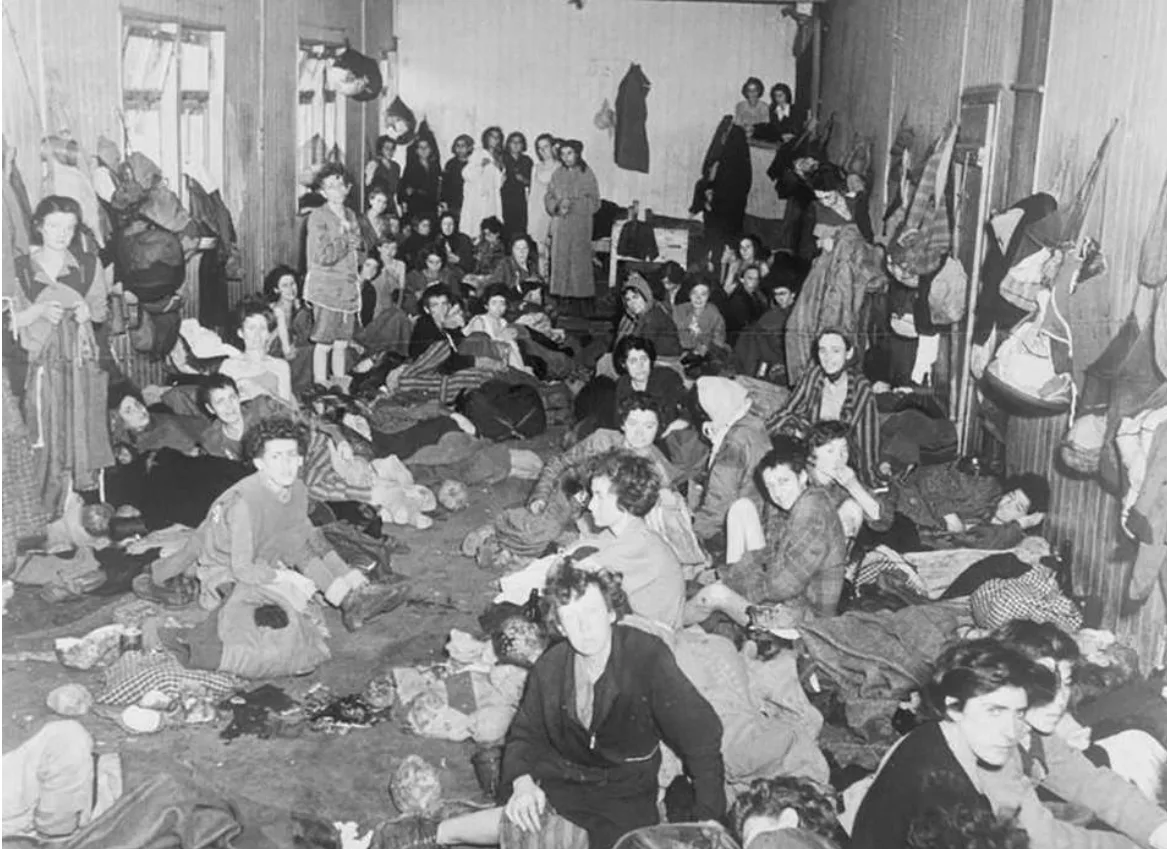Battle story
The battlefield is the hearts of the people
By Pierre Chopinaud
(Previously
The pressure continued to mount, and Lucile’s phone in her office continued to ring. In the woods, the bad guys were stirring; the advice and threats from the bureaucrats of the public administration were becoming increasingly frequent. Until one winter day, a few months after the great back-to-school action: everything was on the verge of collapse. While the collective of mothers was at the height of its power, when each one’s heart was swollen with love, joy, and pride, when each one felt the great victory approaching, a reversal brought them to the brink of defeat…
“Marina was so weak and fragile, so helpless, that it would never have occurred to her that she had the right not to suffer this humiliation.”
So one winter morning, as still happened every week, a young mother, Marina, who lived in a slum, was denied school enrollment for her child by the mayor of her town of residence. Completely illegal, she, like many other parents, was humiliated.
Unfortunately, after a year of fighting, this was still routine for the leadership team of the mothers’ collective. Despite the many small victories achieved, many mayors of the 93rd arrondissement still preferred to be outside the law and expose themselves to the risk of a public shaming campaign rather than welcome children from squats and slums into their town’s schools.
Why? Because welcoming these children into schools, into the school community, as the law and the principles of the republic oblige them to do, means recognizing that they exist, that they have dignity and rights, like everyone else. On the contrary, refusing to allow a child into school makes him and his family invisible, throwing them into the trash heap of lives that don’t matter, of deaths that aren’t mourned. And so it makes things easier when the goal is to eliminate the slum where he lives.
But back to Marina, she was once again like the helpless little shepherd David. After so many others, she was experiencing the humiliation of being prevented by a powerful Goliath from sending her son to school.
She was so weak and fragile, so powerless, that it wouldn’t have occurred to her that she had the right not to endure this humiliation with her child.
It was the mothers of the group, strong in their courage and their victories, who came, as always, to surround her, explain to her what was happening to her, and above all, tell her that, thanks to their support, she had the power to defend herself and win. If she decided to take action, that is, to go to court, in two days her little David would be in school.
“Very often in the heart of an oppressed person, fear advises, in the face of violence and the arbitrariness of power, not to act, fearing that the slightest effort to reverse the relationship of inequality will only result in increasing the crushing weight.”
The feeling that dominates the heart of a person in a situation of great powerlessness is fear. She feels the weight of the one at the other end of the relationship who deprives her of her rights. This one, her first face, is the lady or gentleman at the counter. But the oppressed person, Marina, feels that behind this face, there are papers, offices, officials: a bureaucracy, which weighs down with all the weight of its foundations, its floors and its roof, its entire architecture. And under the roof, the mayor in his or her office, and his or her face, which is the face of threat. And the more a person is deprived of power, the more unequal the relationship, the more dangerous and frightening the face of threat. The more all-powerful it appears. Being in a situation of great powerlessness means not only not being able to enroll one’s child in school, but oneself may be unable to read or write, speaking only the language of one’s home, knowing nothing about the structure that deprives one of power (and rights, dignity, health, etc.) other than the suffering and fear its pressure causes. It means handing over the decision about one’s own defense against an attack by power to someone else. In this case, for Marina, to her husband, who shares the same condition with his wife, but nevertheless enjoys the responsibility of deciding how both move.
Very often, in the heart of the oppressed, fear, in the face of the violence and arbitrariness of power, advises one not to act, fearing that the slightest effort to reverse the relationship of inequality will only increase the crushing weight. This is because being deprived of power also means not knowing the history of injustice where the balance of power has been reversed. It means not knowing the story of David and Goliath, which is so important and must be told.
Now, it is a well-known fact that in power relations, the one who dominates never has enough, and being weak in the face of the strong fuels their desire to take you even more.
So Marina and her husband said to the mothers of the collective: “NO! It’s too dangerous. How foolish for us, who are so small, to stand up to the powerful! We have nothing to gain except to be crushed even more, humiliated even more, and suffer even more! Better to flee, take what we have, and go further to find what we can, and our child will do as we did when he grows up: this is how life has always been for us…”
“Not only had belonging to this community replaced fear with courage in their hearts, resignation with hope, but by dint of fighting, they had developed a singular power to convince through words.”
This was without counting on the power of conviction acquired by the mothers of the collective. Before forming a fighting community, each one shared the feeling of inevitability and resignation felt by Marina and her husband. But not only had belonging to this community replaced fear with courage in their hearts, resignation with hope, but through their struggle, they had developed a singular power to convince through words.
So they provoked Marina and her husband by telling them that if they lacked the courage to act for the dignity of what was most precious to them in the world, their own flesh and blood, their child, what were they? A dog’s mother would die to defend her young.
It wasn’t without provocation. But it touched their hearts and their pride, Marina’s especially. For the first time in her life, she decided to take action without waiting for her husband’s opinion.
The next day, she was in court, accompanied by Alisa and Mirela, the leaders of the collective, and their lawyer, Anina Ciuciu. She had overcome her fear and found the courage to stand up with others to the face of the power that was humiliating her. She was ready to fight, to resist, to reverse the balance of power.
“It was not only the first defeat, but it was perhaps the end of the war! The mothers’ collective had been struck by surprise and knocked to the ground.”
But what was their astonishment when, for the first time since the beginning of the battle, against all odds, against all justice, against the spirit and letter of the law, against all hope, the judge ruled in favor of the wicked Goliath…
It was a catastrophe! When you’re the one who’s been offended, the courage that filled your heart week after week, the joy and pride that, like a rolling ball, have grown as big as the sun, can in an instant be replaced by the return of fear and sadness. It was not only the first defeat, but it might well have been the end of the war! The collective of mothers had been struck by surprise and knocked to the ground. Marina, in whose heart the other mothers had kindled faith, resented them: she had deluded her. And the others began to doubt their power.
For if the judge had ruled in favor of the mayor this time, why wouldn’t he repeat that decision? It was undoubtedly the effect of the pressure coming from those in power. It was the obscure effect of the structure counterattacking. The mothers’ collective was stunned.
(More in the next episode….)


